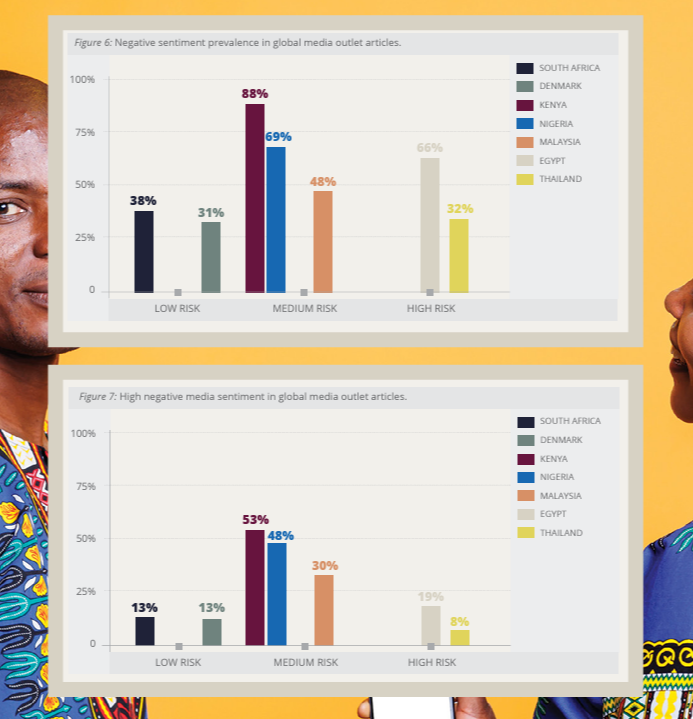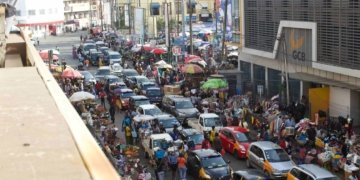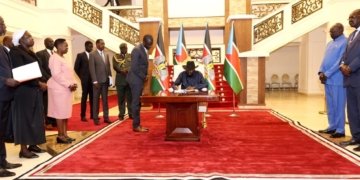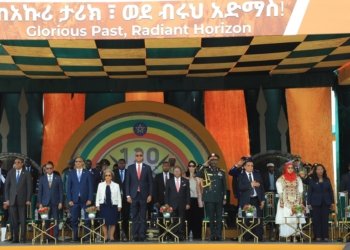African nations receive disproportionate attention during elections, with a significant focus on negative themes such as violence and corruption.
NAIROBI, Kenya (BG) – A groundbreaking report by Africa No Filter and Africapractice has revealed that stereotypical global media narratives about Africa are costing the continent up to $4.2 billion annually in inflated interest payments on sovereign debt.
The report, titled The Cost of Media Stereotypes to Africa: The Relationship Between Media, Investment and Economic Development, highlights the economic consequences of biased reporting on Africa’s financial flows.
Using a mixed-methods approach, the study examined global media coverage of elections in Africa, comparing it to non-African countries with similar political risk profiles.
It found that African nations receive disproportionate attention during elections, with a significant focus on negative themes such as violence and corruption.
These biased narratives amplify perceived risks, leading to higher borrowing costs for African countries even when their socio-economic and political conditions are comparable to their global peers.
Media Bias Drives Financial Disparities
The report, published in October 2024, revealed that negative media sentiment has a direct correlation with sovereign bond yields, a key financial indicator.
African nations pay higher interest rates due to perceptions of increased credit risk fueled by unfavorable reporting.
For instance, Kenya and Nigeria face an 88% and 69% prevalence of negative sentiment in global media, compared to Malaysia’s 48%, despite having similar political risk levels.

This results in inflated borrowing costs, diverting critical resources away from essential infrastructure, healthcare, and education investments.
The report argues that changing the narrative about Africa in international media could significantly reduce these costs.
If African countries were covered more positively, akin to their non-African counterparts, bond yields would decline, saving the continent billions in debt servicing expenses.
Recommendations for Change
The report emphasizes the need for balanced reporting and fair representation of Africa in global media.
It also calls for collaborative efforts among African governments, media organizations, and international stakeholders to challenge harmful stereotypes.
By addressing these narratives, Africa could unlock more favorable financial terms, bolstering development and economic resilience.
This research sheds light on the tangible impact of media on economic development, underscoring the urgency of rethinking how Africa is portrayed globally.
Full Report HERE




















